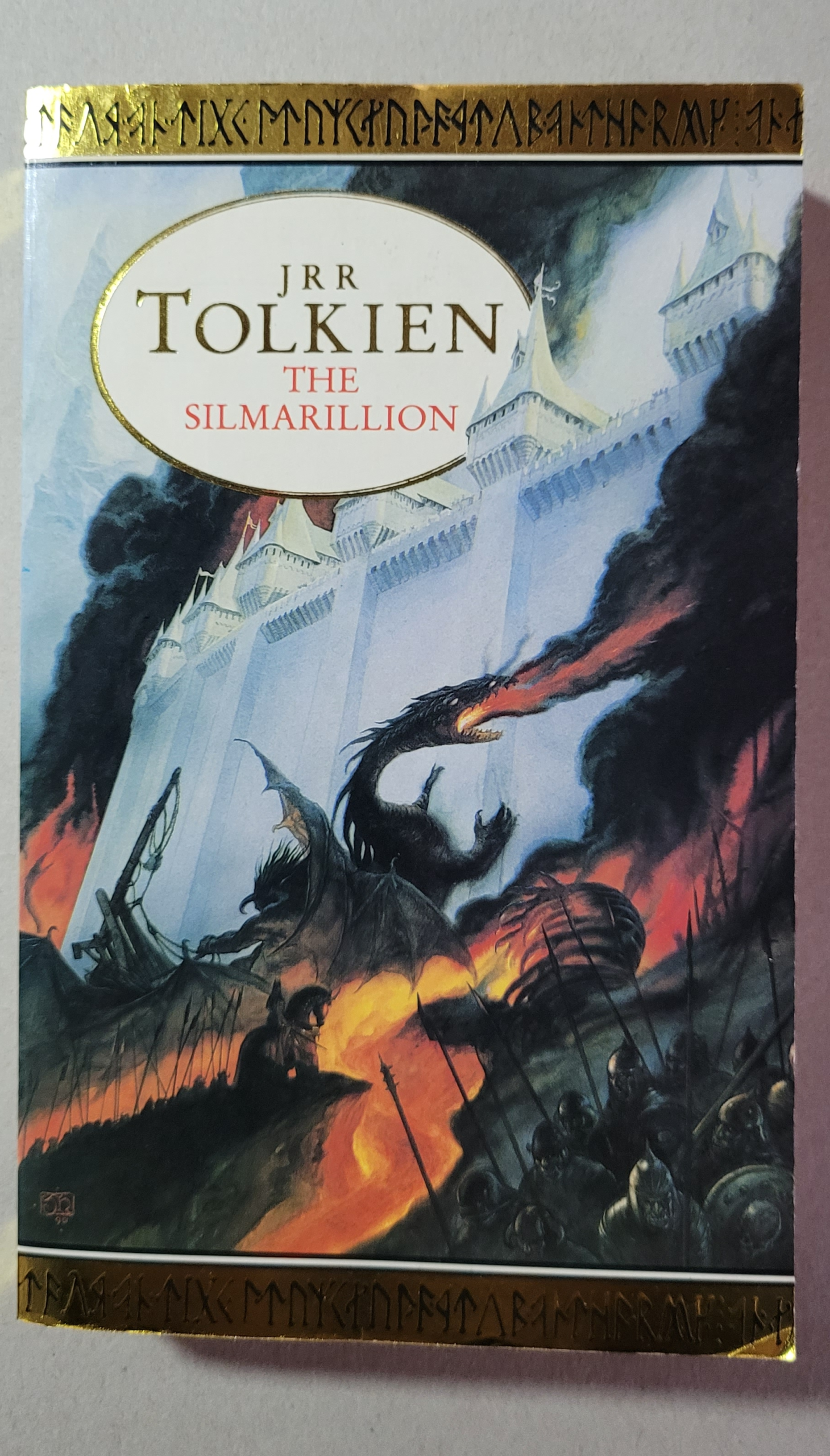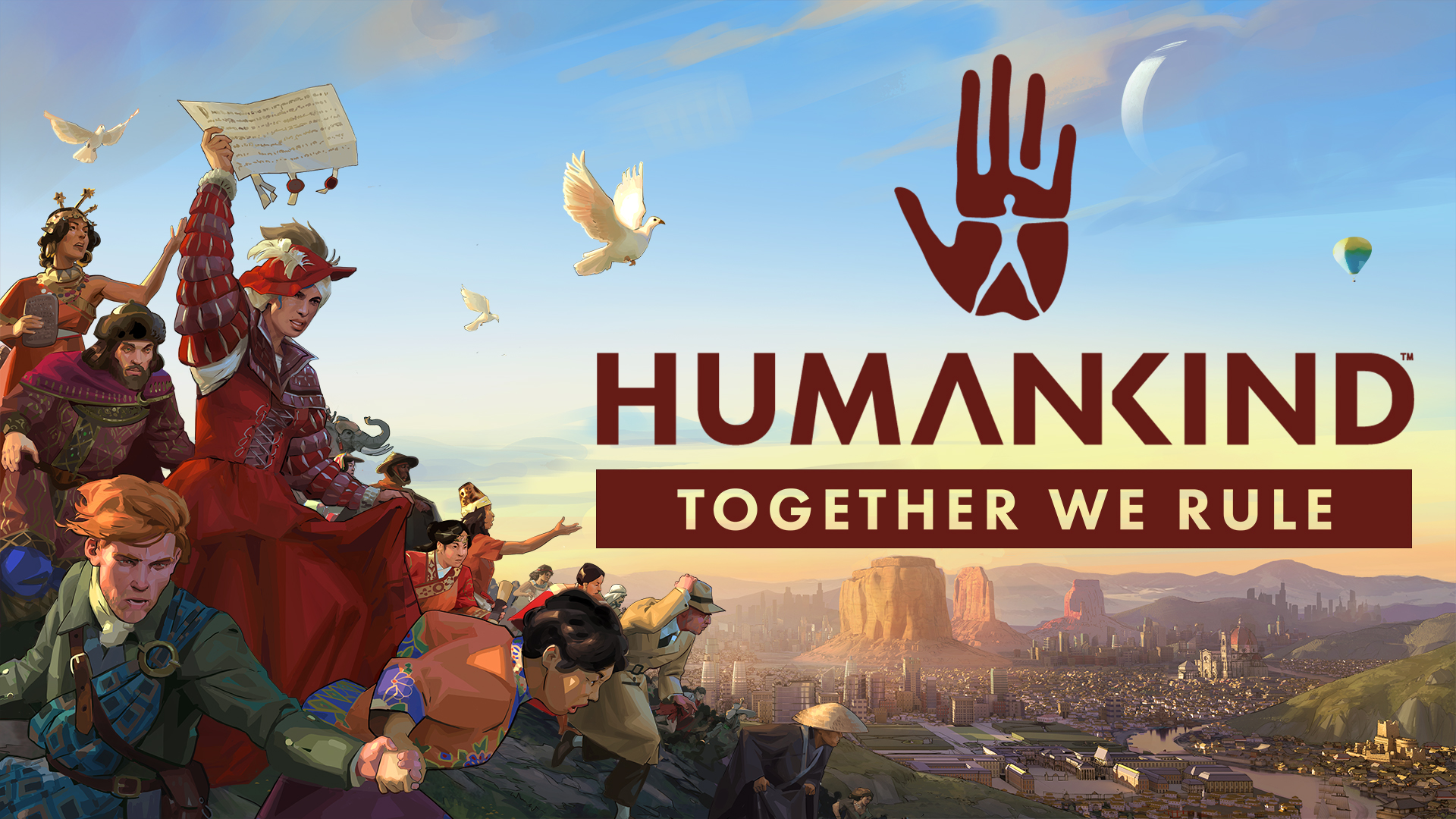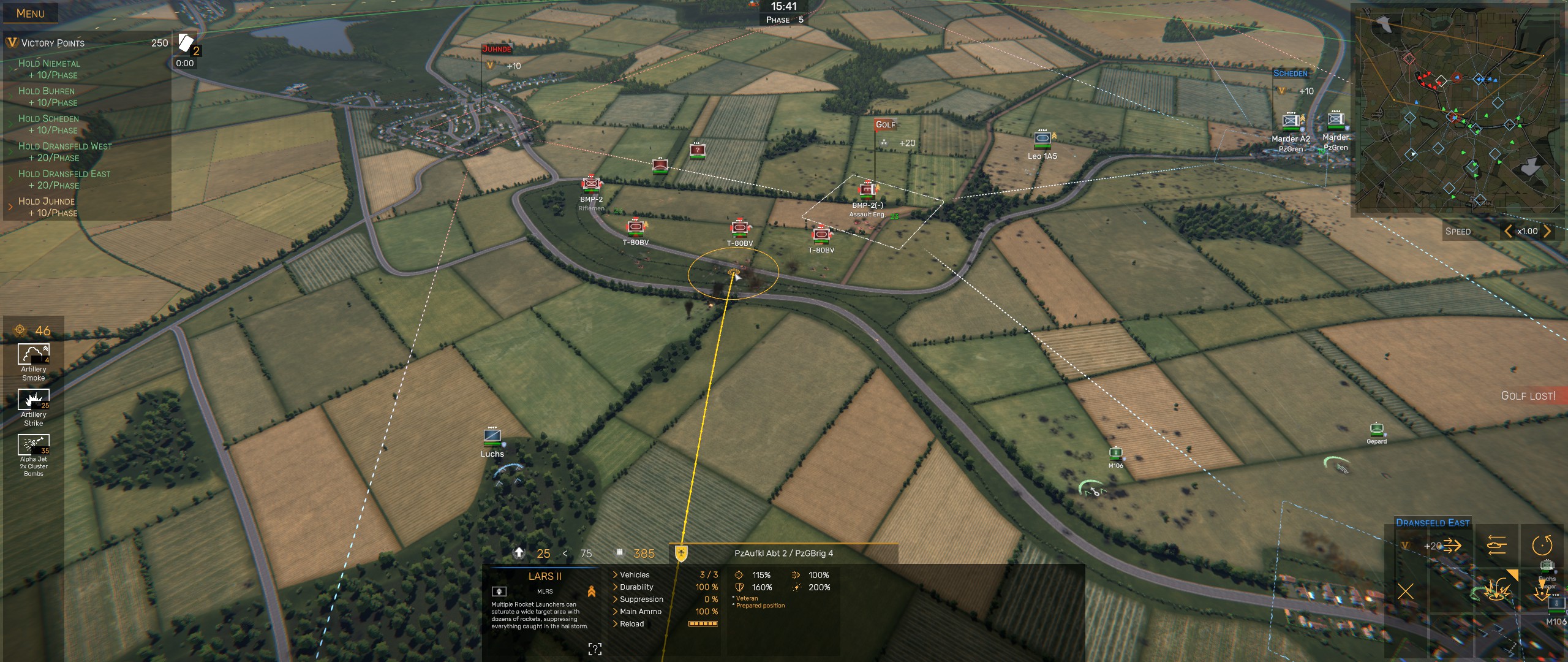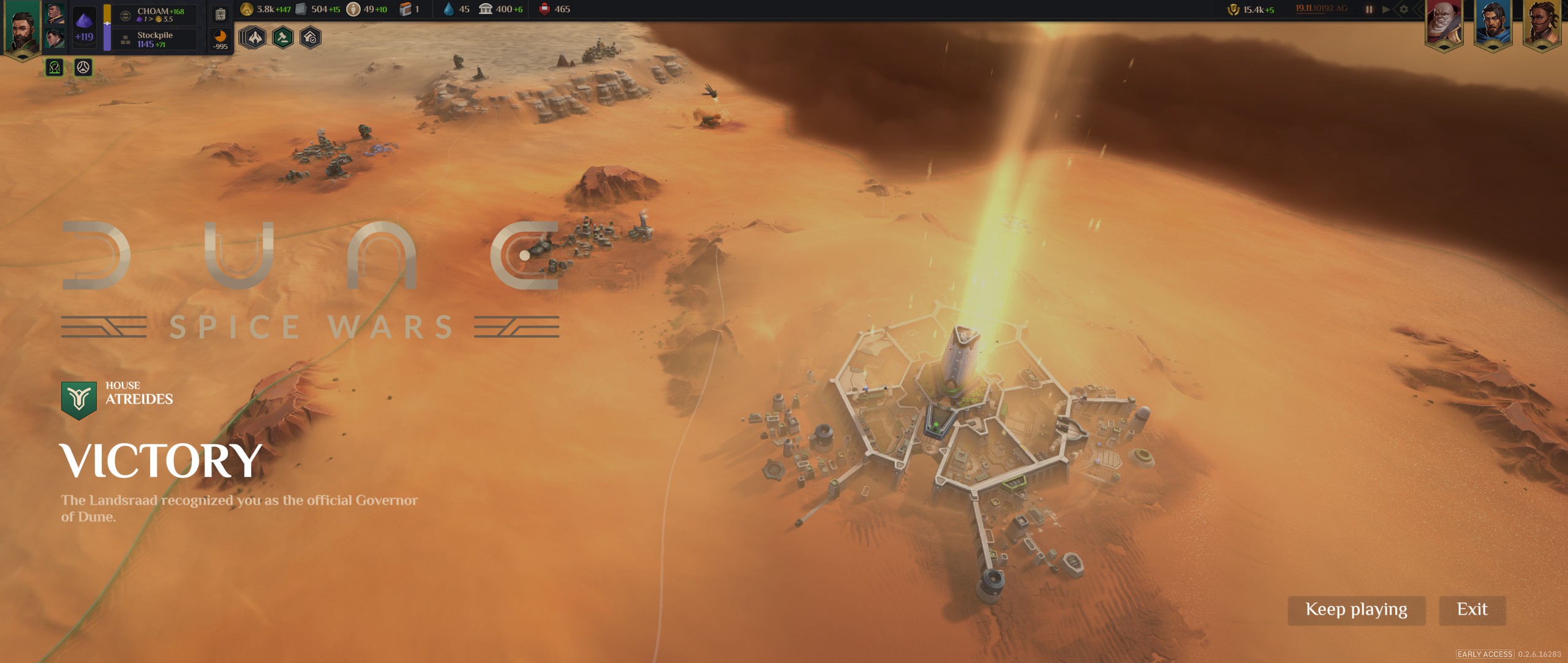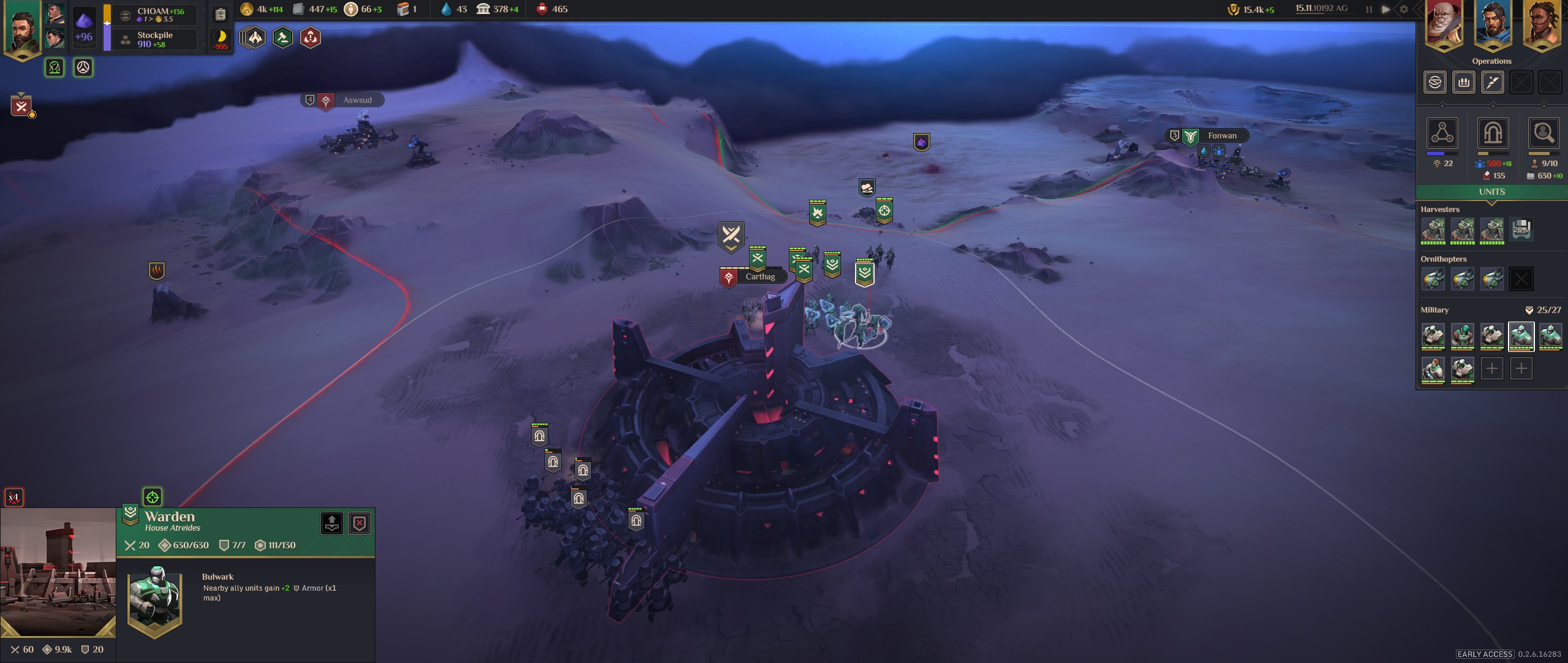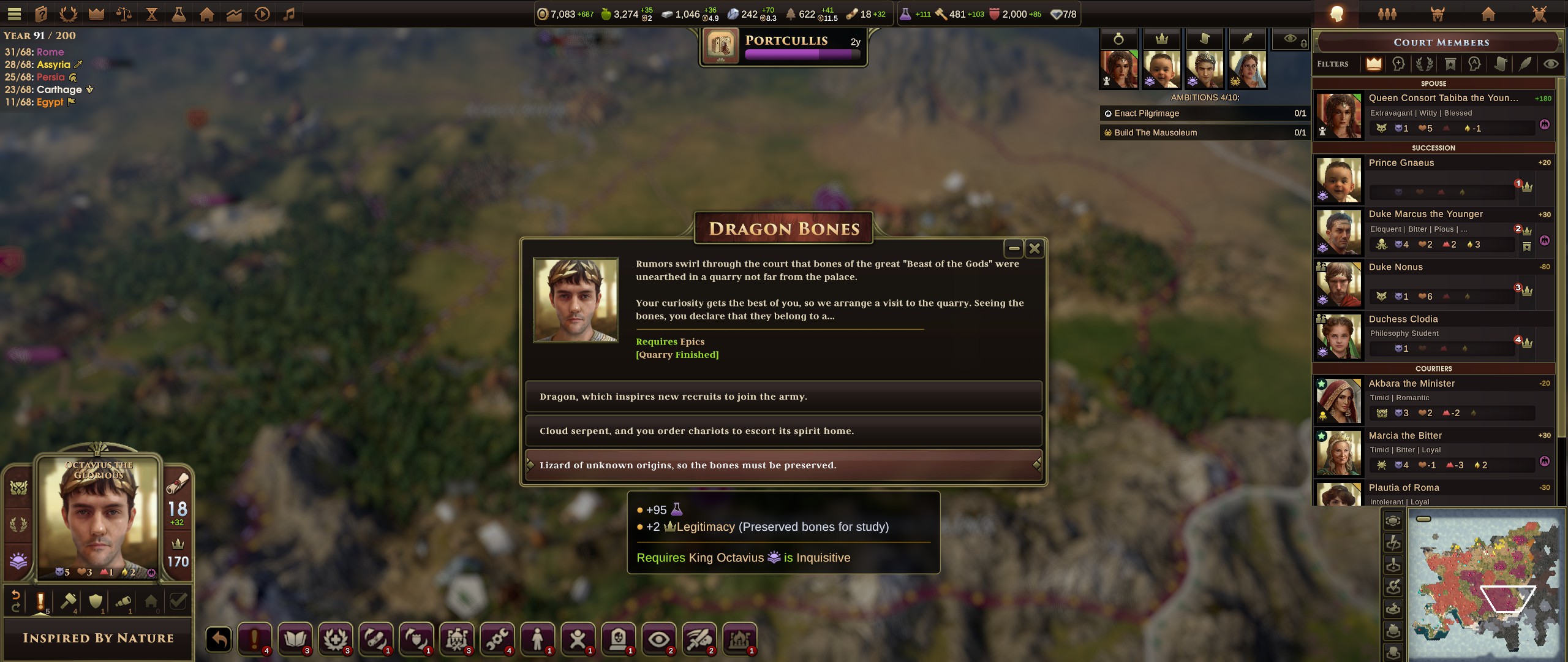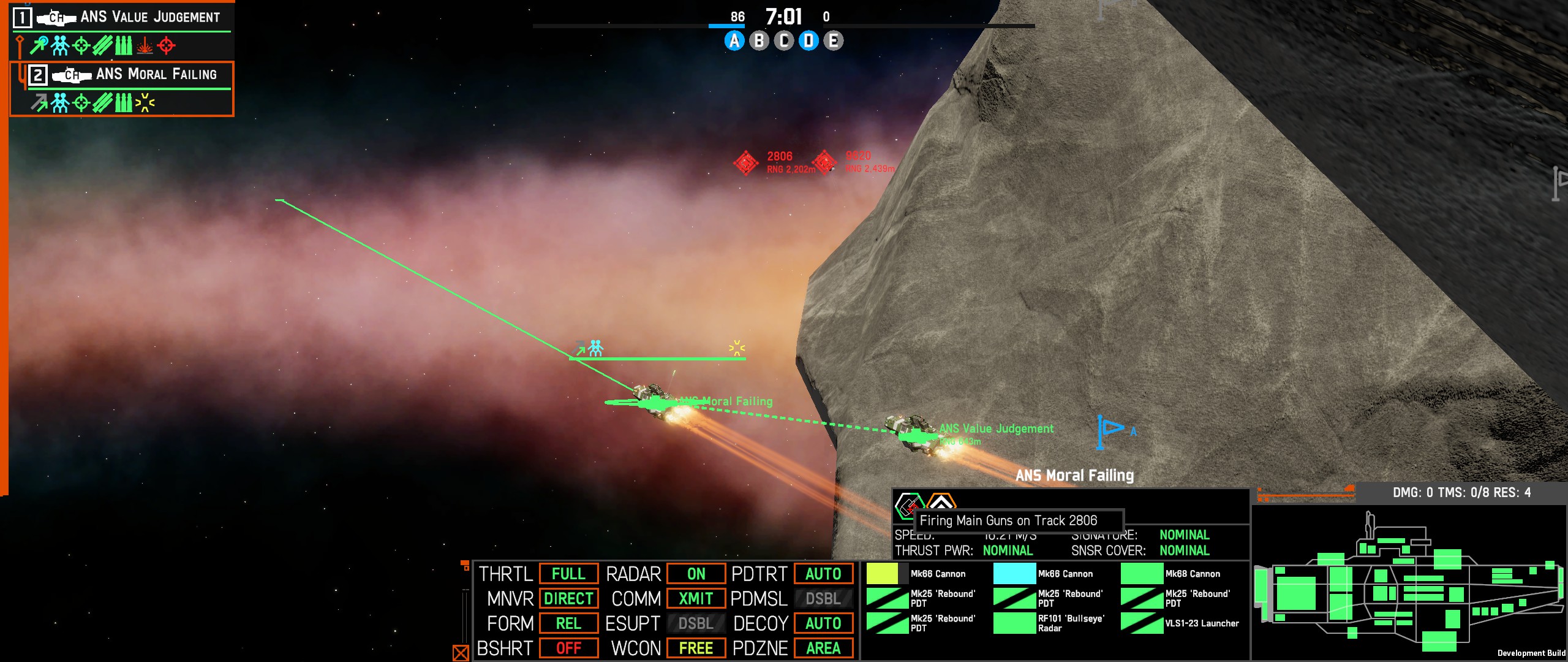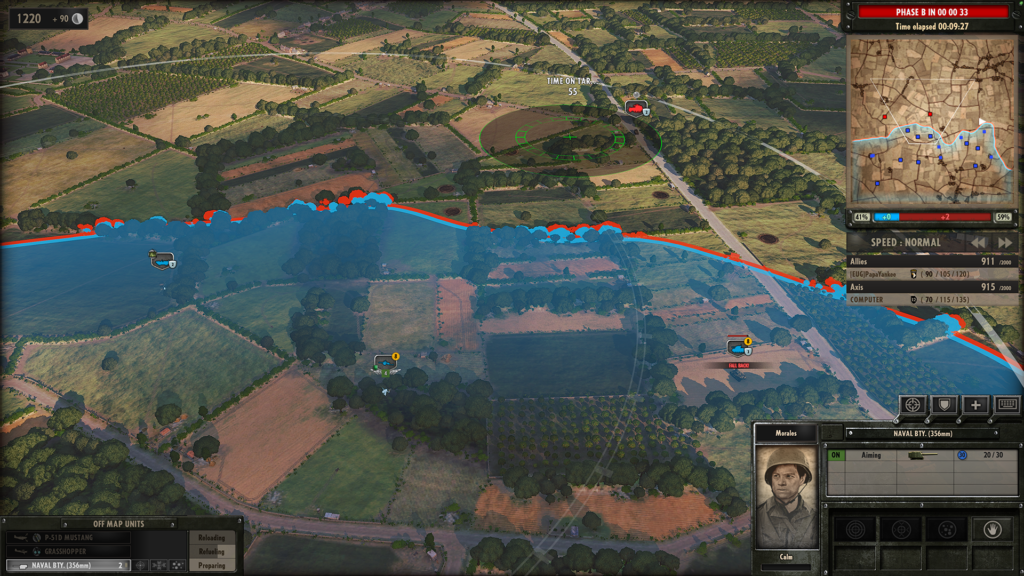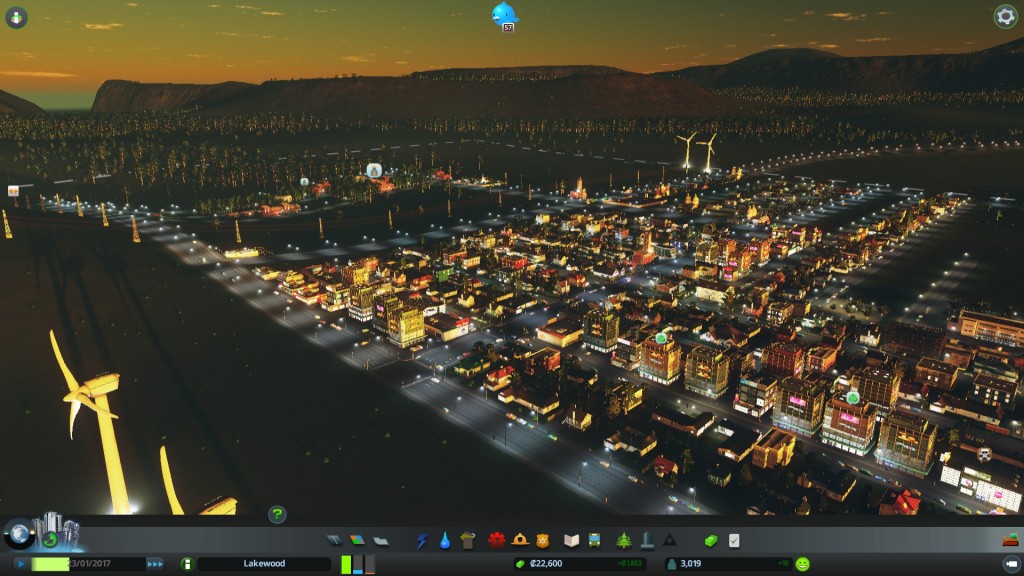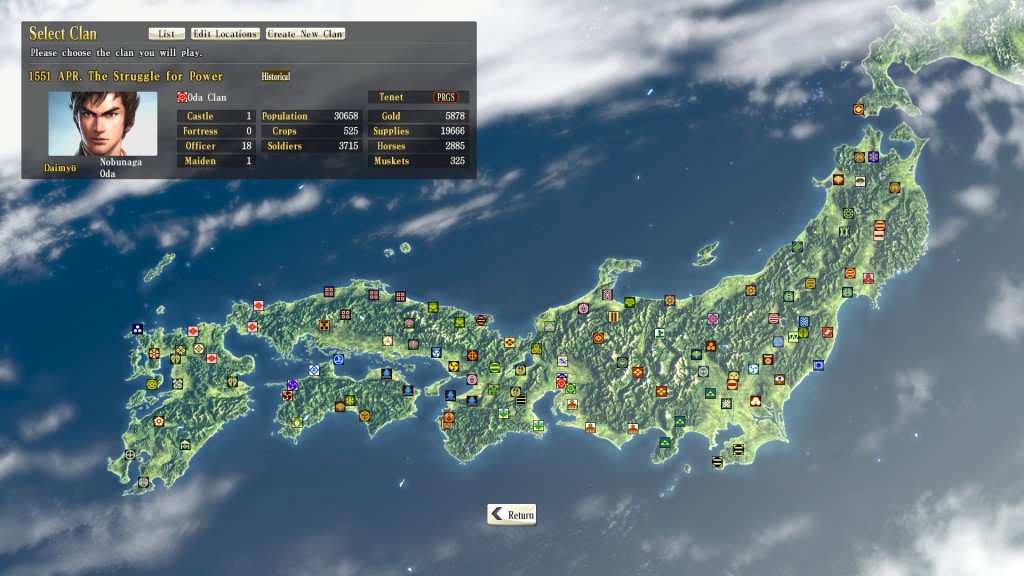Hi, everyone.
Earlier this month I finished, and loved, the first season of Lord of the Rings: Rings of Power. Despite a few rough edges, it’s my favourite show in years. I also finished the Silmarillion last month, and went on to read Tales from the Perilous Realm, a collection of Tolkien’s short fiction. Now I need something else to watch — and read. Easier said than done; Tolkien set a high bar!
I’m still extremely positive on hard science fiction strategy game Terra Invicta, although I’ve put it on hold pending another update or two. I watch the beta patch notes like a hawk and the developers have addressed the AI issue that I encountered, so I don’t think it will be long until I resume my game. Lessons learned the hard way: terrestrial militaries are in the game for a reason…
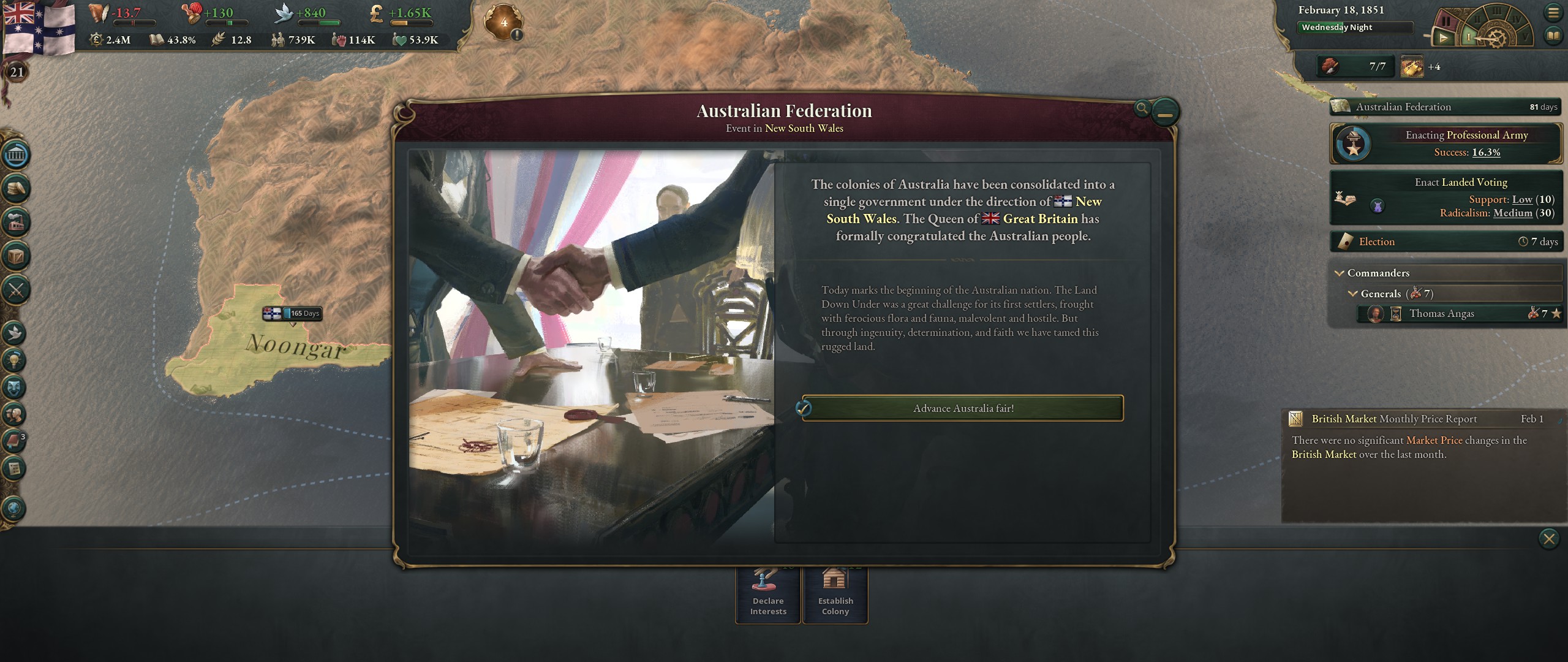
The highest-profile recent PC strategy release is Paradox’s Victoria 3. I’ve had my ups and downs with the series — I played a lot of the original Victoria back in the day, but liked the ideas behind Victoria 2 more than the actual game. So far, I’m more positive on Victoria 3. I’m playing a practice game as New South Wales -> Australia, and now that I’ve learned the basics, I’m enjoying it. Should the game measure up, there are a few countries I’d like to try, such as Meiji Japan or Habsburg Austria.
On the Switch, Ubisoft has released Mario Rabbids: Sparks of Hope. The details are quite different from the first Mario Rabbids, but the overall effect is similar. It’s a low-stress, fairly easy tactical RPG – even on hard difficulty, only one battle has given me any trouble so far. Worth checking out for fans of the first game.
Anno 1800 is still my perennial game. The game’s latest scenario, “Clash of Couriers“, arrived as part of the most recent DLC. It’s very charming, with the premise being delivering mail, collecting stamps, and solving city-building challenges along the way. So far, I also find it easier than the previous scenario — although it’s still early days, so this could turn out to be a case of famous last words.
In the video below, Shadow Empire developer Vic Reijkersz explains the upcoming “Oceania” DLC, which will add ocean planets and NPC maritime trading houses. I’m a big fan of SE and once the DLC is out, I look forward to jumping (diving? swimming?) back in.
Finally, a few upcoming games have been delayed:
- The Front Mission remake is now due out for Switch in November, per Nintendo’s website.
- Amplitude and Aspyr have delayed the console port of Humankind indefinitely, which doesn’t sound good (hat tip to frogbeastegg).
- Matrix will publish Rule the Waves 3 by the end of the March quarter of 2023. The game will also come to Steam — a first for the series.
Enjoying the site? Subscribe via email below.

